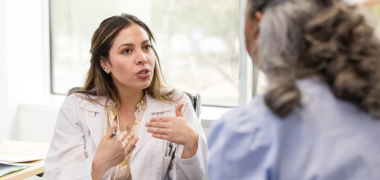
This role has a high level of AI exposure. While some human skills are required, many tasks could be automated or replaced by new technology.
Explore all careersA Clinical Research Associate monitors clinical trials for compliance, coordinates with sites, and ensures accurate data collection and reporting.
Get qualified to work as a Clinical Research Associate with a course recognised across Australia. Speak to a training provider to learn more.













Browse occupations related to Clinical Research Associate



Embarking on a career as a Clinical Research Associate requires a strong educational foundation, which can be achieved through the structured Clinical Research Associate courses in Melbourne. Melbourne is home to a vibrant community of learners and professionals, with three notable courses designed for those who already possess relevant experience or qualifications. For instance, you can pursue a Bachelor of Nursing, a Bachelor of Health Science, or a Bachelor of Biomedical Science. These higher education courses are essential for developing the skills required in clinical research.
Several esteemed training providers facilitate these courses in Melbourne, including Monash University, Deakin University, and Victoria University. These institutions are recognised for their commitment to quality education and training within the field of clinical research. By engaging with these providers, students can gain valuable insights and hands-on experience to excel in their future roles as Clinical Research Associates.
The role of a Clinical Research Associate is intricate and interlinks with various fields of study, making it crucial for aspiring professionals to explore related job roles within the healthcare sector. For those interested in this career path, it is worthwhile to consider opportunities such as a Medical Laboratory Technician, Pathology Assistant, or even a Medical Researcher. Each of these positions plays a vital role in the healthcare ecosystem and can enrich your clinical research expertise.
To support your journey in advancing your career, explore the broader implications of your education by diving into specialised subfields such as Pathology or engaging in Healthcare courses. As you navigate the offerings in Clinical Research Associate courses in Melbourne, remember that collaboration with institutions like Monash University, Deakin University, and Victoria University can pave the way for your success. Discover more about these opportunities on the dedicated page for Clinical Research Associate courses in Melbourne.